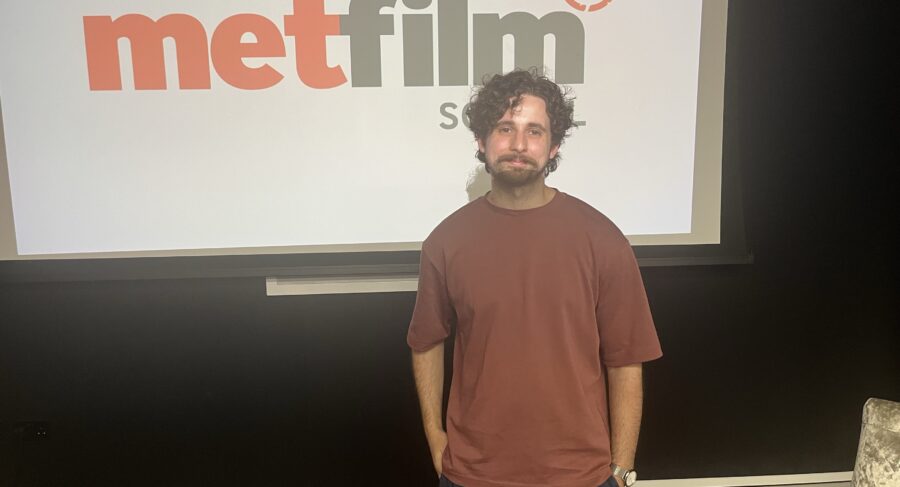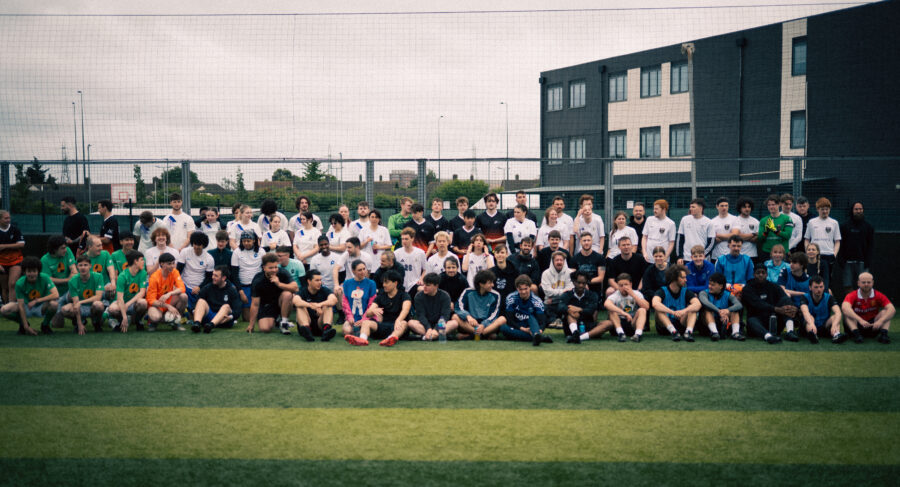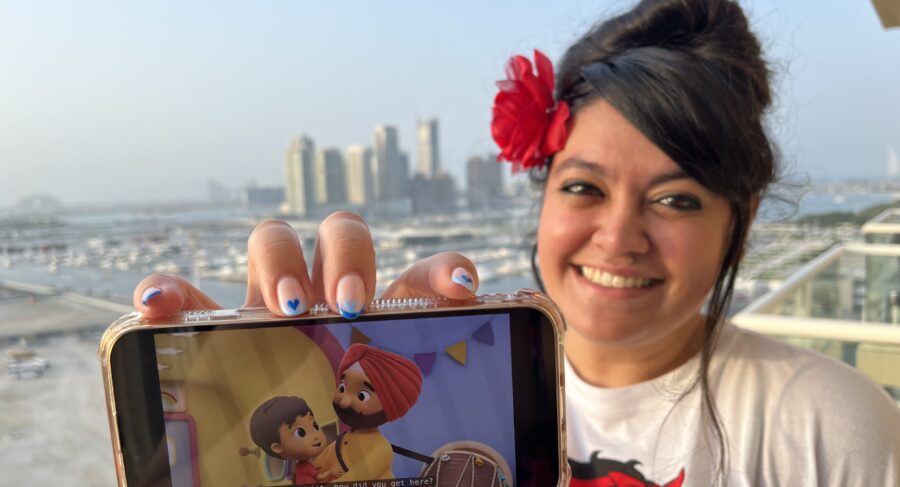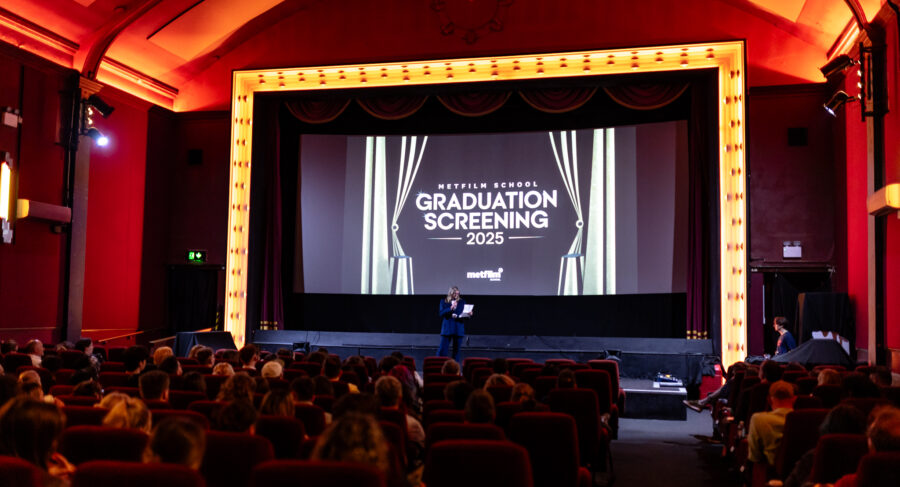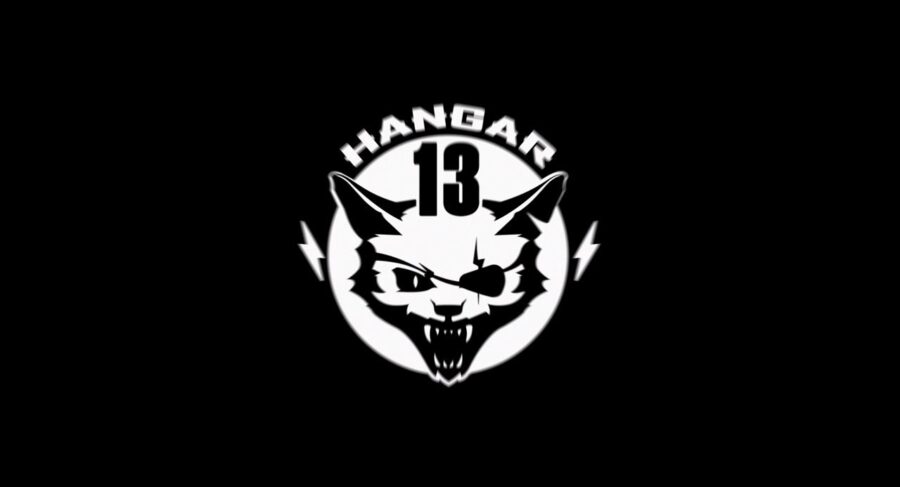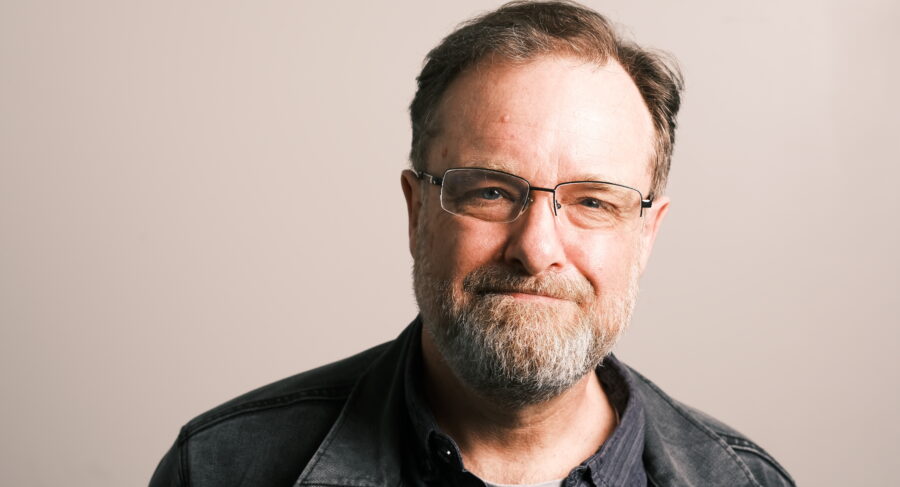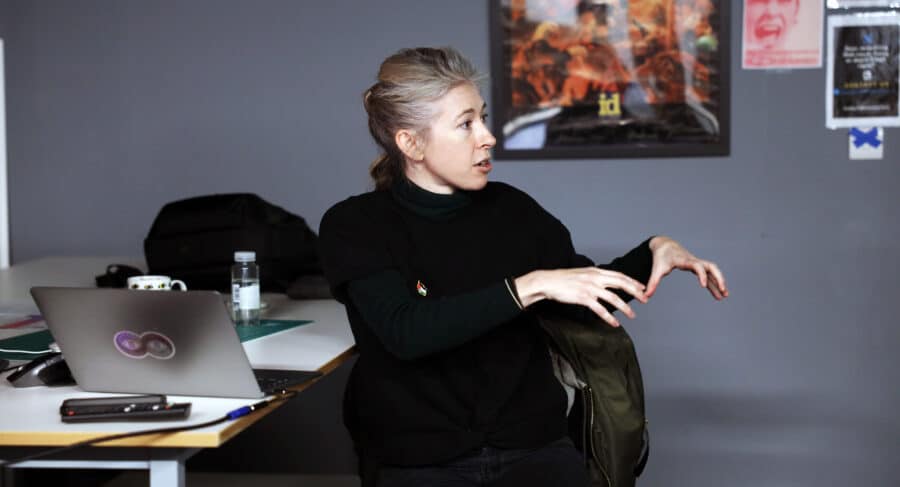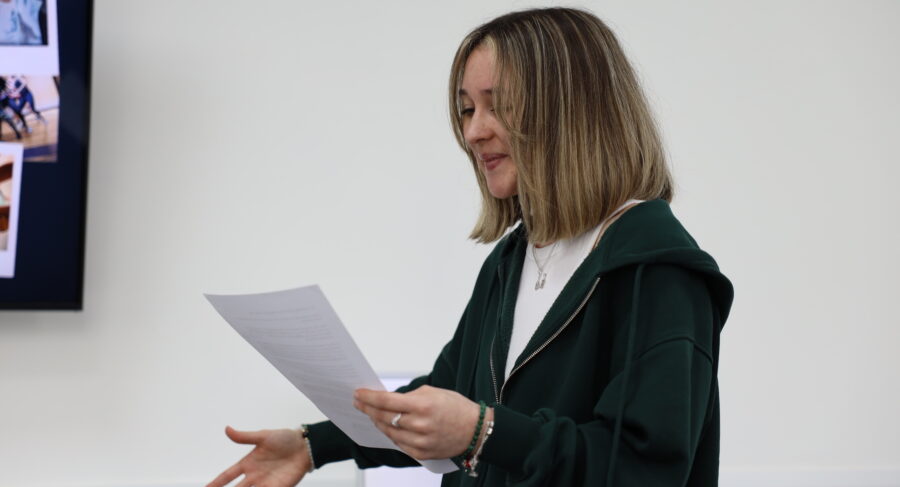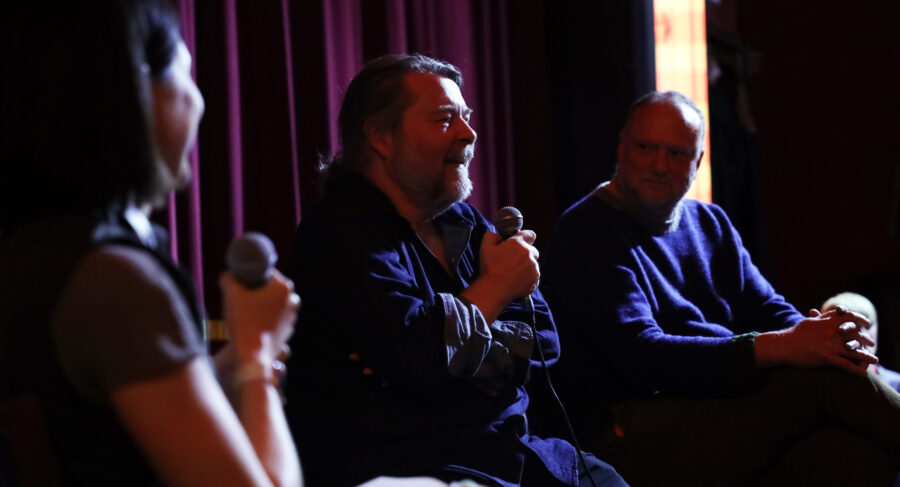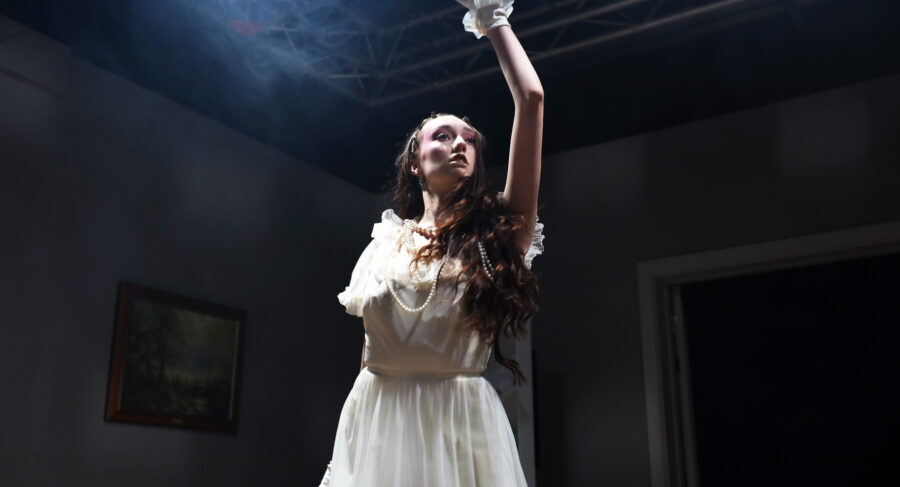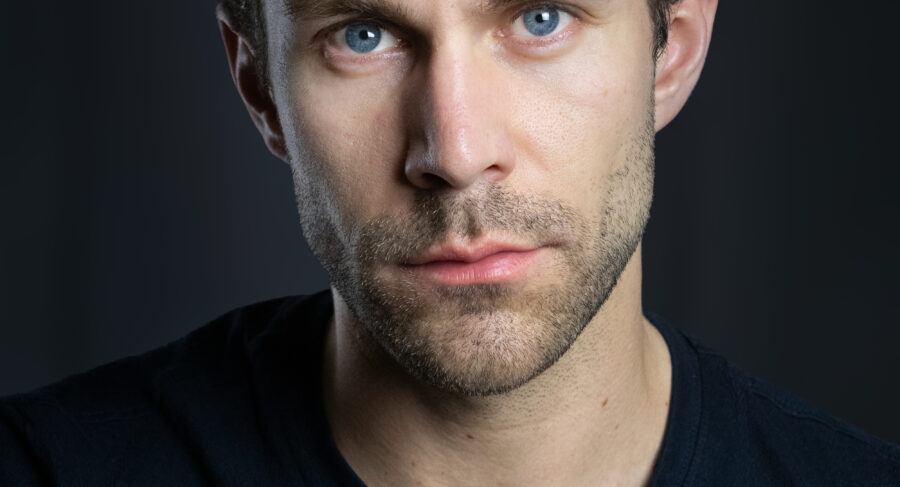My Reason for Being: Family & Filmmaking with Julie Kebbi
By Elise Czyzowska
02 May 2024
‘As a creative’, Julie Kebbi explained, ‘I’ve been particularly drawn to telling intimate and vulnerable stories through documentary filmmaking – whether they’re mine, or those of others. Over the past year, the main theme I’ve been working on has been exile’.
A graduate of our MA Documentary & Factual degree, Julie is currently on the festival circuit with her documentary short, My Reason for Being. The film, which tells her own family history, with Julie’s mother as the protagonist, recently screened at the Beirut International Women’s Film Festival, and won Best Documentary Cinematography in the Student Category for last year’s FICIMAD.
In today’s blog, we spoke to Julie to find out more about the documentary filmmaking process, and how her experience as a journalist influences her visual storytelling…
My Reason for Being is a very personal story. How did you approach the filmmaking process?
I first had the idea for it around December 2022, when I was starting to think about what my Graduation Project would be about. However, it felt daunting and scary to delve into such an intimate story.
As the months passed by, and after considering different options, I realised I kept coming back to this original idea: I needed answers on how to deal with grief and exile through my mother’s words.
And most importantly, I felt ready to dive into it on a personal level.
For about six months, I was very intentional about the content I was absorbing: I focused on female filmmakers, analysing their storytelling choices, and watching documentaries reflecting on family histories – especially mothers.
I also read a lot of academic research on the female gaze, and the relationship between mothers and daughters. All of this allowed me to draw from other women filmmakers’ experiences, and to reflect on how to position myself as a Director, facing my mother.
And finally, I had valuable meetings with my tutors at MetFilm School, who had worked on similar projects, and who gave me precious advice.
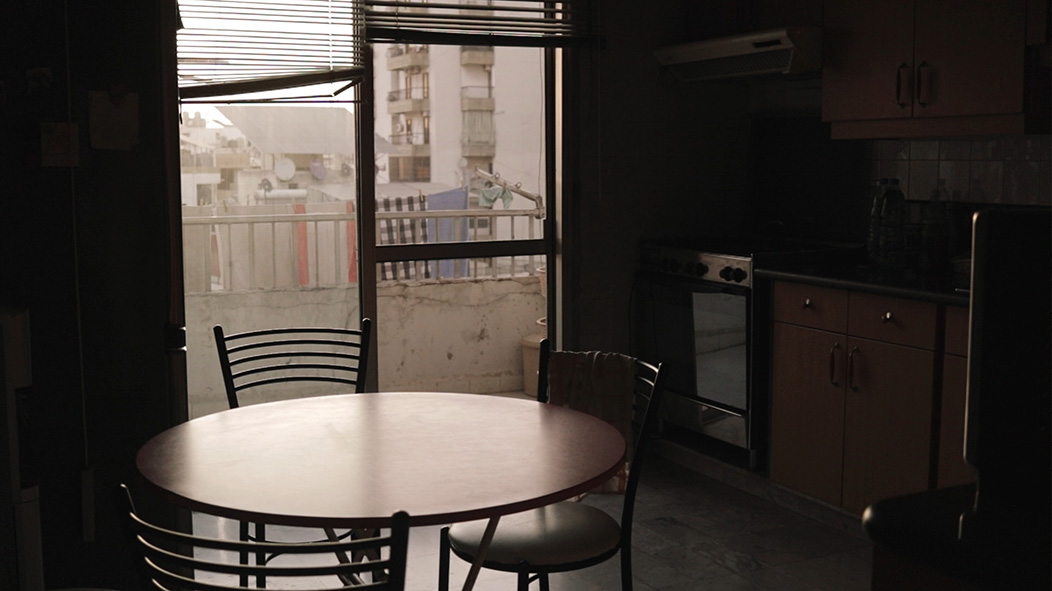
Your mother wonders at the start of the film what type of questions you will ask her. Was there unique challenges or opportunities from working with family?
Since the beginning, I felt that getting to record her and make memories together in this setting was a once in a lifetime opportunity. But I also understood that I’d have to ask hard questions, one’s that we’d never tackled together before.
This required a lot of preparation, and understanding that I’d have to keep my emotions aside sometimes – which can be complicated when you know the protagonist so well.
Even though we’d discussed it all, it also took us a couple of days to actually adjust to each other as ‘Director’ and ‘Protagonist’, and to assess what our new boundaries were.
And you’re equally personal with the film, allowing your mother to read a portion of your diary aloud. What made you want to include your voice in this way – did you find that it came naturally?
No, not at all. I come from a journalistic background, so I’m used to putting solely the story at the forefront. And as the Director of Photography, I wanted my mother to be the sole visual focus, with only my voice coming across through the shots.
Originally, I only made her read a portion of my diary to let her understand why I was making this film. Then, as I was editing it, it became clear that this scene was a part of our healing journey.
It gave a unique insight into our relationship. It had to be included in the movie.
Can you share how you approached the film’s slow, thoughtful pacing?
Grief is a very lonely and slow process, so to me, the film needed to follow that same rhythm. For instance, I already knew during pre-production that I wanted to highlight the contrast between the emptiness of the house, and the bustling city outside.
I also wanted to let the viewer absorb it; give them space to relate to it. It became even more intentional during the editing process, though, as it confirmed that this was how I wanted to tell the story.
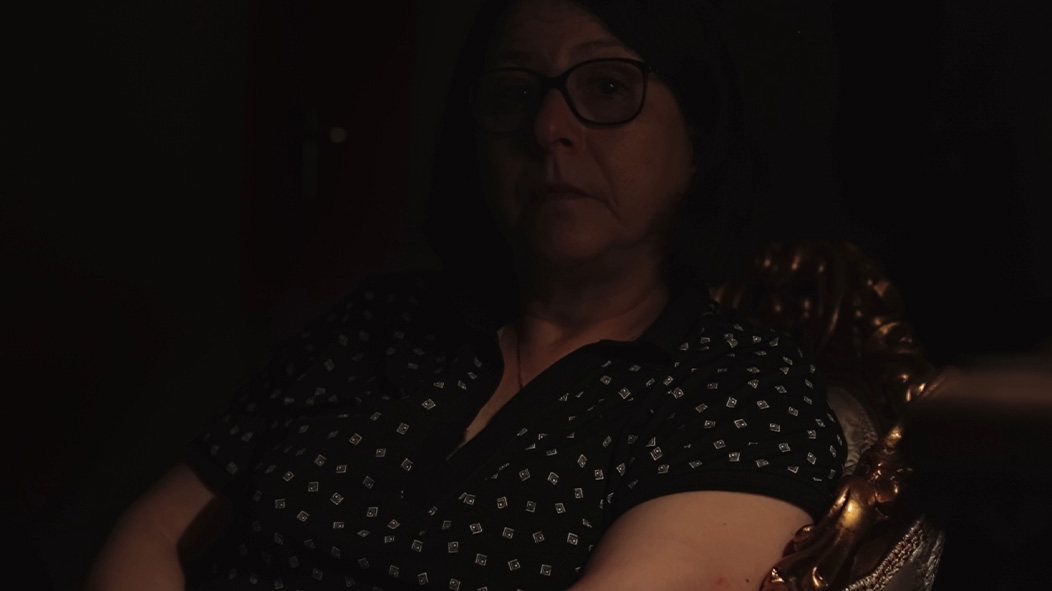
This degree was a chance to develop your skills outside of print journalism – what would you say was the most important lesson you learnt over the year?
To not be intimidated by your own ideas, and to trust your gut.
This degree offered me the chance to explore topics I was working on in a much more intimate way. It was a great opportunity to delve into the different modes of documentary, to discover new interests, and to test new skills.
Overall, this year taught my that documentary filmmaking doesn’t have to follow one specific set of rules, and that it can be taken in so many different directions.
And on the other hand, how has this visual approach made you a better journalist?
I’ve been very visually driven in my work in journalism, which is why I wanted to dive into documentary filmmaking – I felt that I wanted to explore visual storytelling more.
I learnt a lot from working on documentary and narrative sets this year: it gave a sort of visual ‘cinematic’ framework to the scenes I choose to describe, and the way that I now write about them.
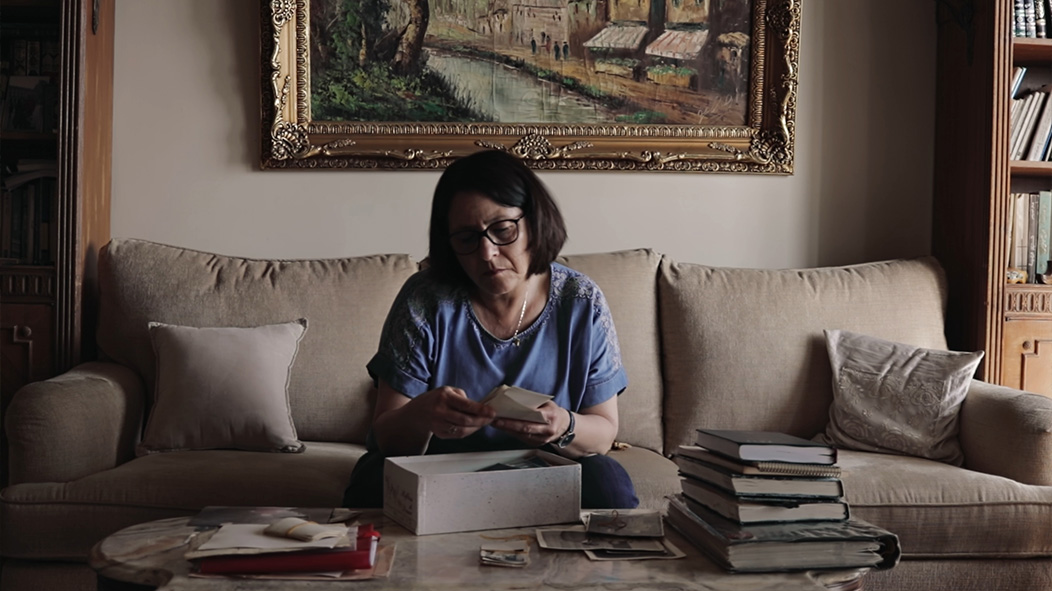
And finally, as My Reason for Being continues on the festival circuit, what has the reception been like so far?
The reception has been great. A year ago, I could not have foreseen that my first film would get screened at festivals, and after working on it for so many months, it feels truly special to finally be able to share it with an audience.
I’ve had a lot of people reach out after watching the film, sharing their own stories of grief or exile with me. That’s been the most rewarding aspect, because that was my objective from the beginning: to tell a story that, ultimately, is universal, and that people from all backgrounds can relate to and find some solace in.
- Julie Kebbi studied MA Documentary & Factual at MetFilm School Berlin. This course is launching in Leeds from September 2024.
- Follow Julie on Instagram, Twitter, and LinkedIn, to keep up with My Reason for Being – and future projects…

